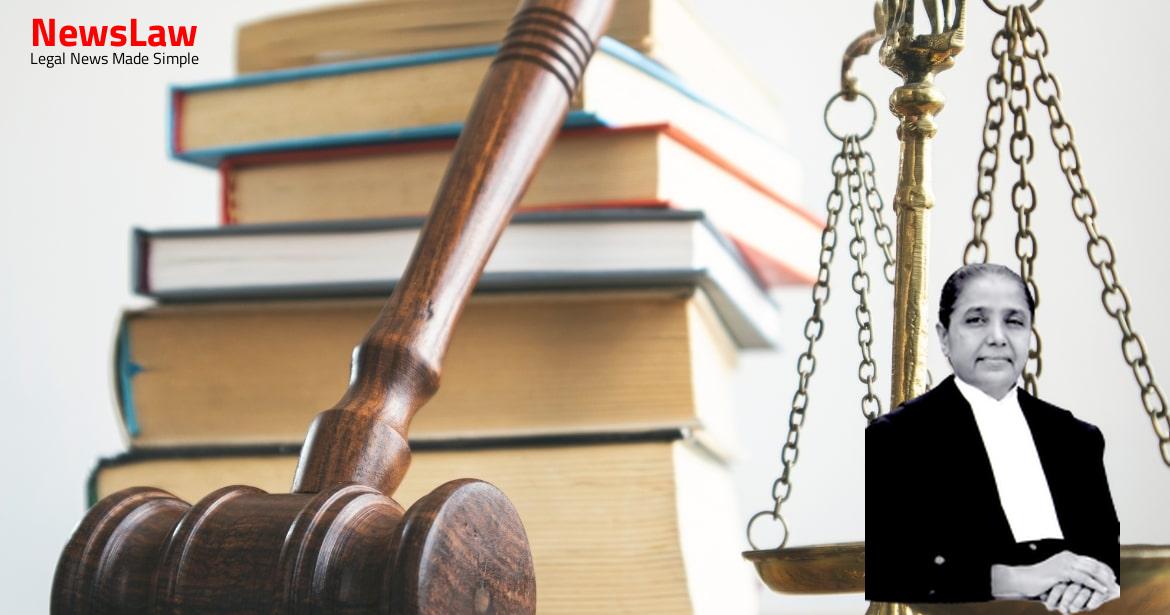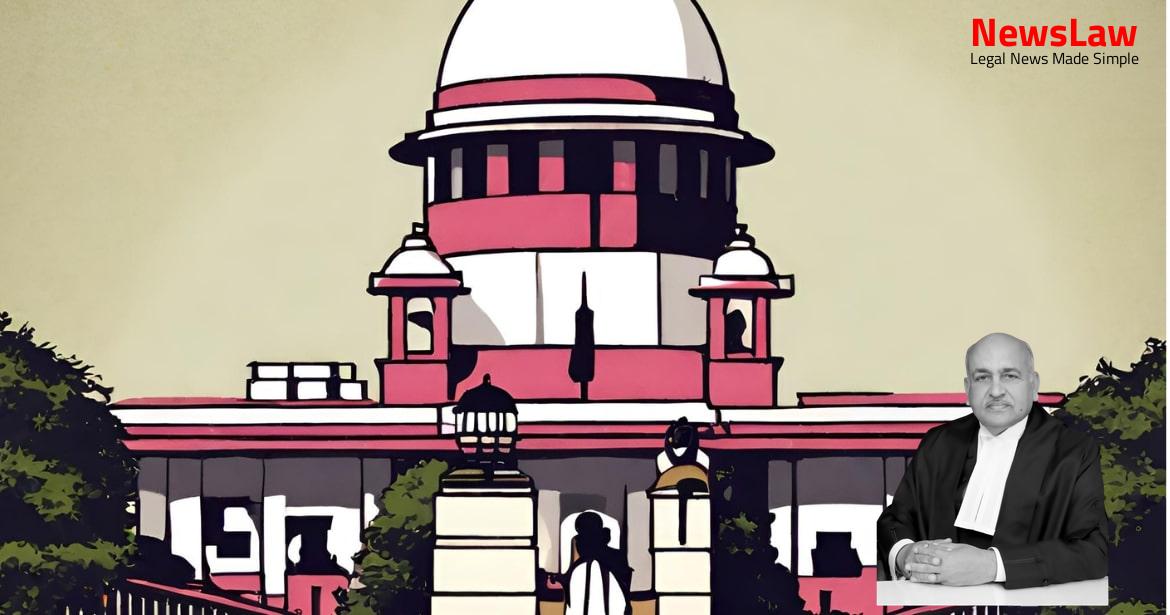In a recent legal case, the rejection of a mercy petition came under scrutiny for various grounds challenging the decision. The focus was on the court’s detailed legal analysis rather than the parties involved. The case highlighted the importance of following settled legal principles, indicating reasons for granting pardon, and the limited scope of judicial review over the President’s decision. Let’s unravel the intricate legal analysis that shaped the outcome of this crucial case.
Facts
- The petitioner had sent a mercy petition on 31.01.2020 which was incomplete.
- The petitioner’s counsel sent a letter on 01.02.2020 regarding the incomplete mercy petition.
- Another mercy petition was sent on 18.03.2020 and was rejected by the President of India on 19.03.2020.
- The petitioner challenges the rejection of the mercy petition by the President on various grounds, stating that settled principles were not followed.
Also Read: Court’s Jurisdiction in Re-appraising Arbitrator’s Findings
Arguments
- Dr. A.P. Singh, counsel for the petitioner, mentioned that the petitioner’s wife has filed for divorce.
- The petitioner raised multiple grounds in the writ petition under Article 32, including miscarriage of justice in rejecting the mercy petition.
- The petitioner was allegedly kept in solitary confinement and subjected to torture in prison, receiving necessary treatment.
- The petitioner also claimed that the rejection of the mercy petition may have been influenced by interviews given by certain individuals to the media.
- Learned counsel for the petitioner argues that executing the death warrants on 20.03.2020 will affect the wife’s divorce petition.
- The wife has stated in her petition that she does not wish to become a widow of a death row convict.
- The petitioner’s counsel raises concerns about the consequences of executing the death warrants before the divorce proceedings are resolved.
Also Read: Contrary Directions in Issuance of Letter of Intent
Analysis
- Judicial review of the orders of the President or Governor under Article 72 or Article 161 is available.
- Grounds for impugning the orders include lack of application of mind, mala fide intentions, consideration of extraneous or irrelevant factors, exclusion of relevant materials, and arbitrariness.
- The importance of indicating reasons in the order granting pardon/remission was emphasized.
- The power to withdraw the order of granting pardon/remission if new materials reveal relevant information not previously considered was discussed.
- Learned amicus curiae stressed that reasons must be indicated for the exercise of judicial review to be effective.
- Review power is limited to specific grounds as per previous judgments
- Alleged torture in prison cannot be a ground for review of the rejection of Mercy Petition by the President
- President of India’s decision cannot be deemed influenced by press interviews reported in newspapers
- No non-application of mind by the President of India based on grounds raised by the petitioner
- Orders do not provide grounds for judicial review of the rejection of the Mercy Petition by the President of India
- The divorce petition and other petitions filed by the petitioner are not valid grounds for judicial review
- The President of India considered all relevant records and evidence before rejecting the Mercy Petition
- Injuries sustained by the convict and treatment received are not relevant considerations for this petition
Also Read: Application for Stay in Civil Suit Rejected: Court’s Legal Analysis
Decision
- The writ petition was dismissed.
- Vinay Sharma’s writ petition challenging the rejection of the Mercy Petition was also dismissed in a detailed order.
Case Title: AKSHAY KUMAR SINGH Vs. UNION OF INDIA (2020 INSC 312)
Case Number: W.P.(Crl.) No.-000121 / 2020



